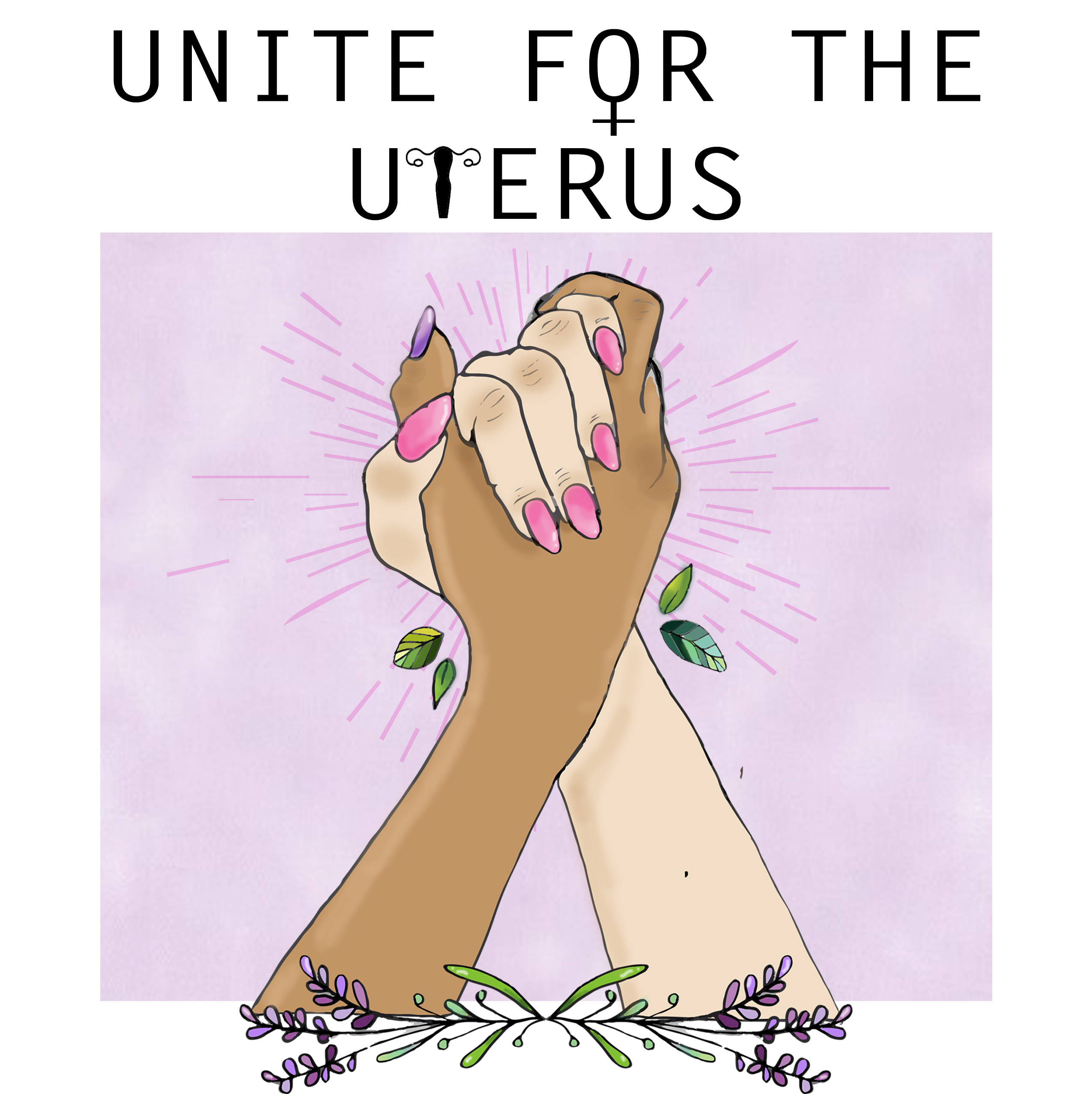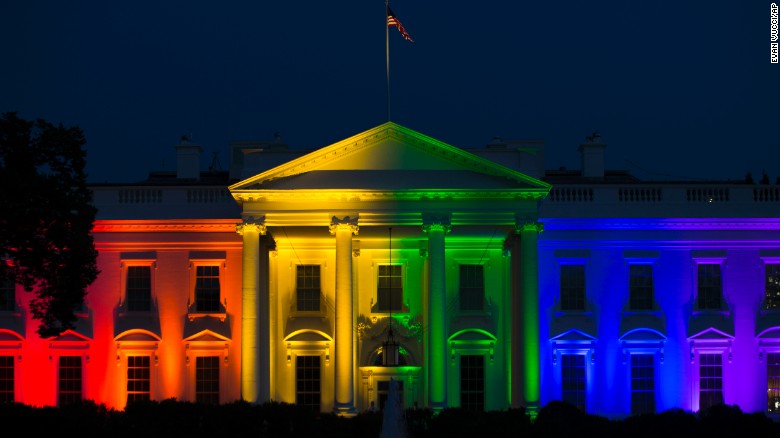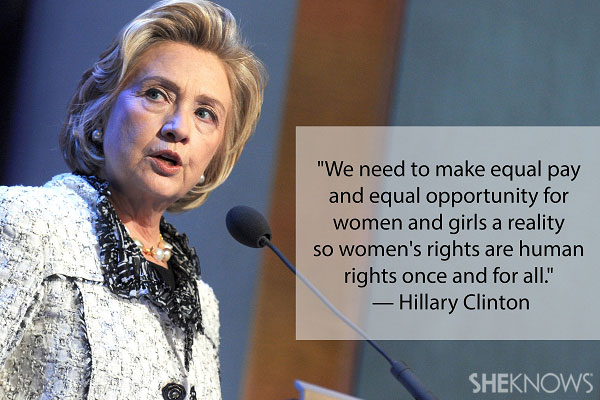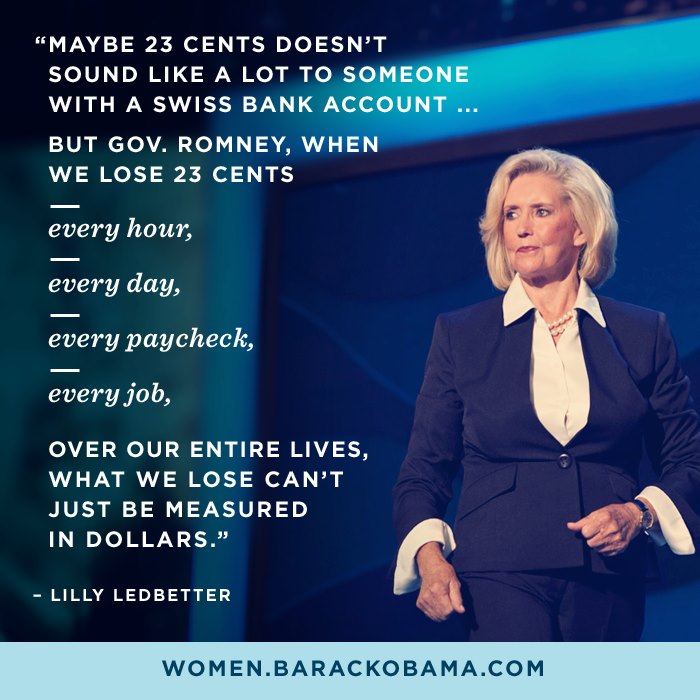
It’s a little crazy how little most women know about the female body. From a younger age girls start to hear about how gross their period is and immediately start hiding their armor in their purses to protect themselves from Lady Flow coming to town and destroying their seat cushions and favorite pieces of clothing. However, its extremely important for girls to realize that a woman’s time of the month is a beautiful thing that deserves to be celebrated and not shamed.
Girls generally get their period between the ages of twelve and thirteen. Their Menarche (the first occurrence of menstruation) happens due to the rise and fall of hormones throughout the body. This cycle results in the thickening of uterus linking and the growth of an egg (which is required for pregnancy) nutrients are provided to the embryo through the thick linking of the uterus. If the woman is not pregnant, the lining is released in what is known as menstruation.
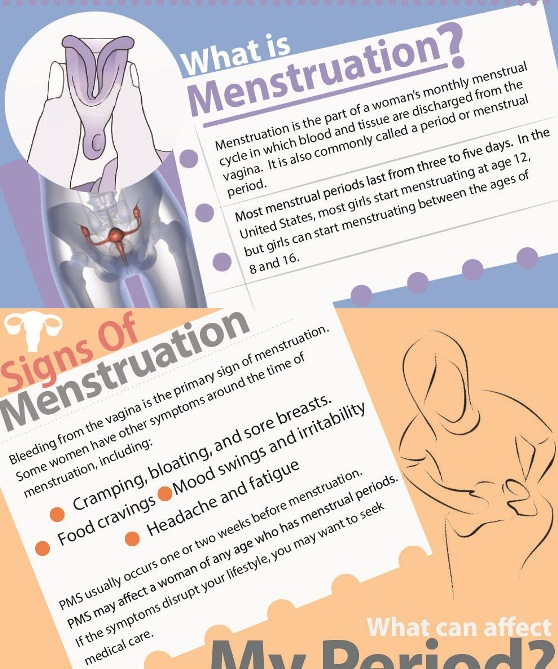
As you can see from the information above, menstruation is as normal and natural a process as breathing. It is a signal that the girl has grown to become a woman and that she is fertile and beautiful. However, there are all sorts of stigmas associated with a woman’s period that cause young women to be scared to engage in normal activities or cause discomfort when discussing subjects related to their periods. Today we will talk about a few of those issues and put some of the myths to rest so we can empower young women to feel beautiful in their bodies no matter what time of the month it is.
5. Sharks Will Attack Women On Their Periods

I blame the movie Jaws for this one. While it is true that sharks can detect a drop of blood from .25 miles away, there is no data to support the belief that menstruating females are at an increased risk for shark attacks. Sharks have extraordinary sensory competencies so it is very likely that they can certainly detect menstrual discharge that naturally occurs when a women is menstruating. However, this detection is similar to the detection of a splash nearby or a loud noise and is not likely to attract sharks to attack. They do not associate the fluid involved in menstruation with feeding opportunities.
So for everyone (guys and girls) out there thinking menstruation attracts sharks, think again before you blame periods before you’re peeing in the ocean. Which nobody does of course because that’s gross…right?
4. You Cannot Get Pregnant During Your Period

This isn’t true, despite what a lot of people believe. Tell your friends. Tell every female you know who’s sexually active or plans to be any time soon. You CAN get pregnant during your period. Once inside you, sperm can live for 3-5 days. Ovulation can occur during, or soon after, the bleeding phase. If you don’t want to get pregnant, either don’t have sex, or use birth control every single time you do.
Some people attempt to use the “rhythm method” to prevent pregnancy. In other words, they only have sex during the “safe” days of pregnancy, when the woman is least likely to have an egg around. If you have really regular periods, you keep track of them carefully, and you can estimate the time when you ovulate by changes in the thickness of cervical mucus or body temperature, you might have a slightly better chance to avoid pregnancy for a while. The “rhythm method” teaches us that no time is completely “safe” for avoiding pregnancy.
3. A Tampon Can Get Lost Inside Your Vagina
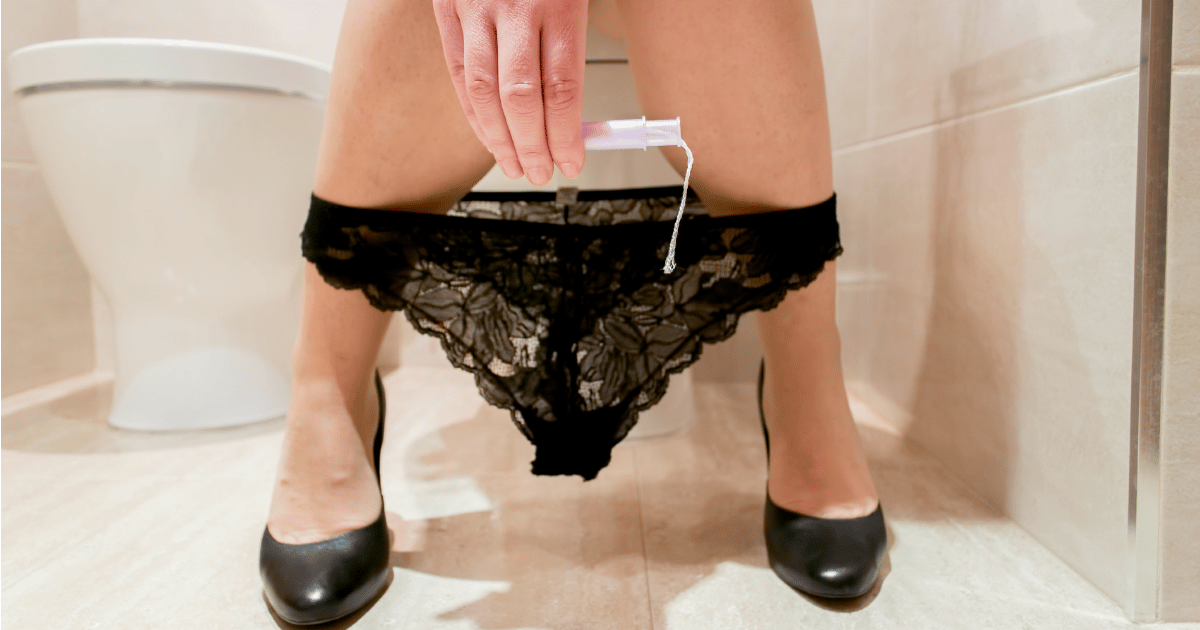
This is probably the silliest one I think I have ever heard, so ring the alarms and tell the world NOTHING CAN GET LOST INSIDE YOUR VAGINA. Your vagina ends at your cervix and there is no physical way that a tampon can get beyond that. The vagina is only about 3-4 inches long (although it does stretch to accommodate for intercourse or birth of a child), so chances are that if you did insert a tampon you will be able to feel it when its time for removal.
From personal experience when I was a young girl there was a lot of period shaming happening. I remember being told by my mother that tampons were for girls that had already had other things inside them. This made me feel really uncomfortable and dirty for wanting to use tampons and I didn’t for years. However, pads and other options were really uncomfortable for me. They made me feel even more dirty and kind of like I was wearing a diaper. Eventually I just bit the bulliet and started using tampons but the point is that there are striking similarity between the sexism of “slut shaming” and “period shaming“. Girls are made to feel uncomfortable about using products that are completely natural. ITS NOT OKAY, and we are here to put a stop to it.
2. Periods Are Debilitating For Women

Can you imagine a life where you were asked to miss work every single month even if you do not feel sick? This is a reality of women all across the world whose employees enforce a strong policy on women not being allowed to come to work when they are on their period. Its a much bigger deal in some places than in others, however in multiple Eastern countries such as South Korea, China, Japan and Indonesia there are laws that provide women sick leave during menstruation. The argument continues to be about whether this is a medical necessity or a form of discrimination against women.
Personally, I have experienced extreme pain when on my period. For days at a time I would be crouched in the fetal position wondering if I would ever have the capacity to have a normal week. After doing some research I discovered that I am a part of only a small percentage of women that experience severe symptoms of Premenstrual Syndrome (PMS). Apparently, only 20 percent of women report severe pain during their periods. (Thanks Aunt Flow!) There is also data and experience that documents women doing amazing things while menstruating, even such as running a marathon!
1. PMS Is All In Your Head
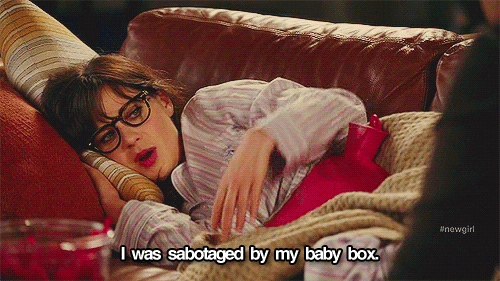
Those mood swings and cravings you feel just before your period arrives? Totally real and totally normal. Phew! A minimum of 20 percent of women have emotional and physical symptoms of premenstrual syndrome five days before their period starts. “Symptoms can range from bloating, fatigue, and changes in your appetite, to anxiety, tension, dizziness, and/or tender breasts,” says Dr. Nucatola. Both exercise and over the counter pain medication have been known to lesson the symptoms, but if they are really bad, see your doctor for alternate options.
Ladies you are all beautiful and you are all wonderful all times of the month. Menstruation is a beautiful process that happens to you throughout the majority of your life. It is a symbol that you are a grown and healthy woman. So the next time you feel uncomfortable or disgruntled by your period just remember that it is a symbol of your womanhood and its a beautiful thing you should feel empowered to embrace!
